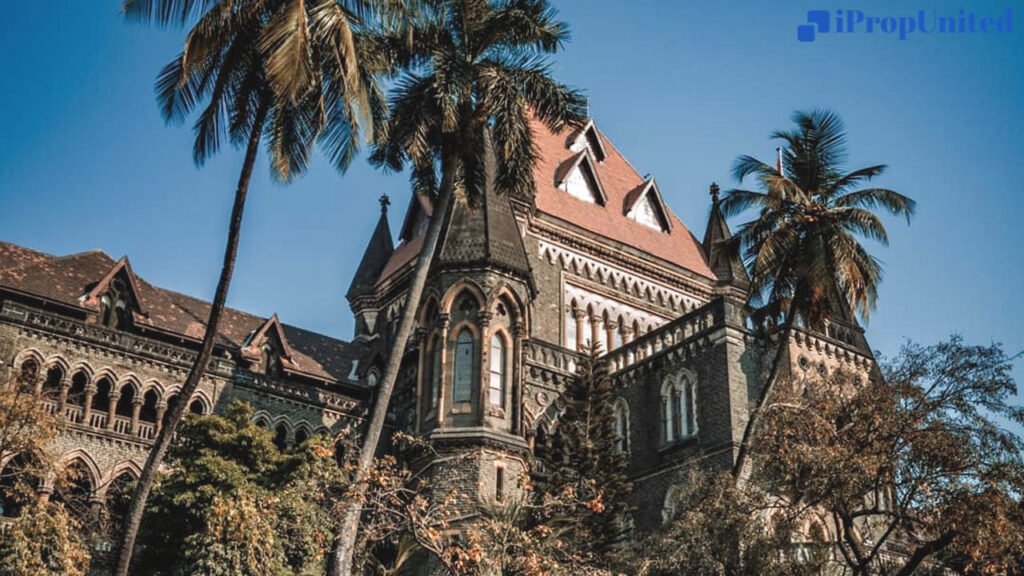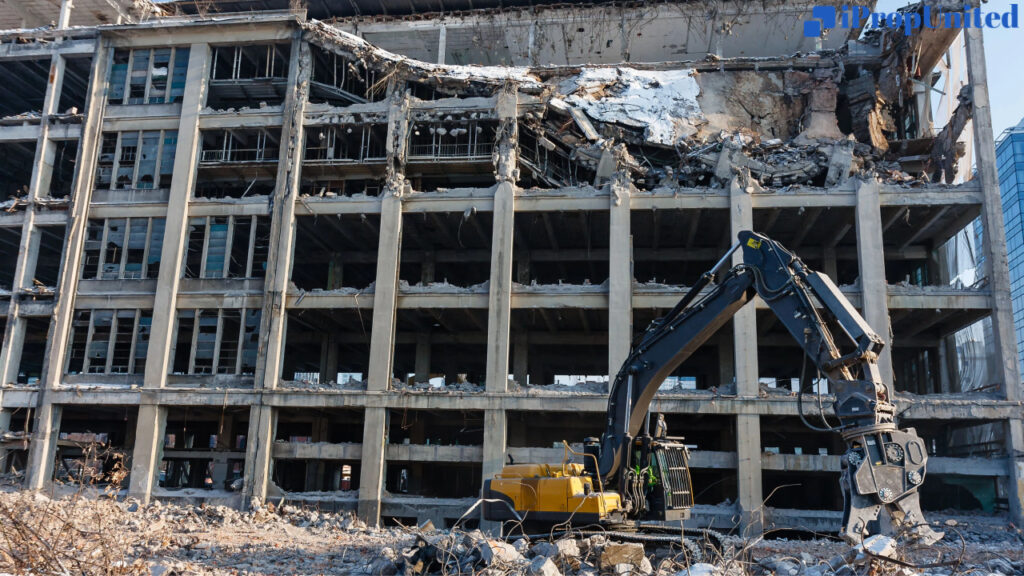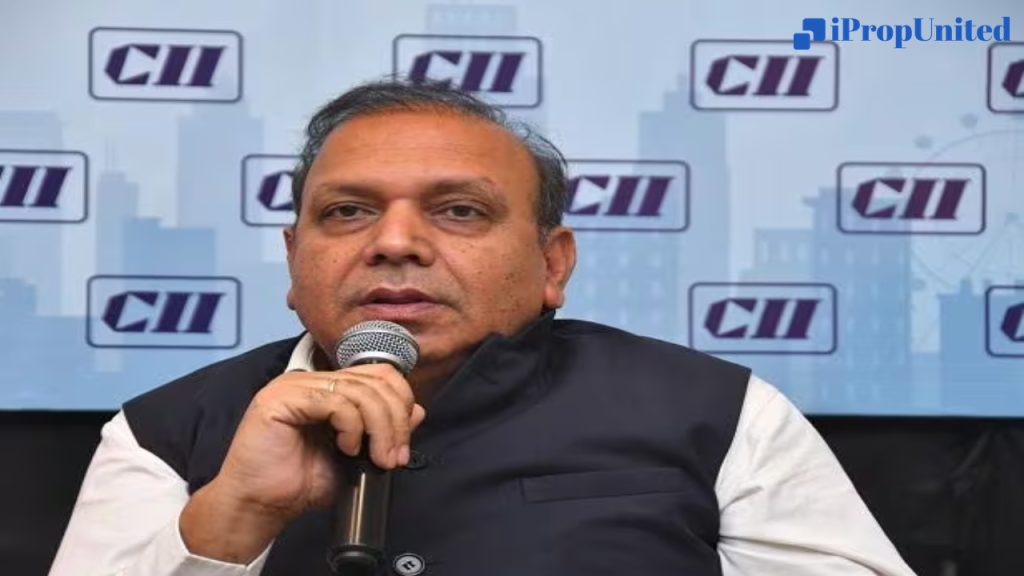STOCKHOLM: In its biannual stability report released on Tuesday, the Swedish financial watchdog, Finansinspektionen (FI), issued a cautionary directive to commercial property companies in the country, urging them to curtail debt levels and fortify equity to navigate the challenges posed by elevated interest rates.

The Swedish property sector, which significantly increased borrowing during a period of low interest rates, now grapples with the twin challenges of soaring interest costs and diminishing property values amidst a decelerating economy.
FI emphasized that larger, publicly-listed commercial real estate firms should contemplate reducing their collective debt, currently standing at approximately 1,500 billion Swedish crowns ($143.68 billion). The watchdog proposed a debt reduction of around 100 billion SEK, averaging 15% per company, to brace for potential future rate hikes and value depreciation.
“In total, a debt reduction of about 100 billion SEK, or on average 15% per firm, is needed,” FI stated. “Many firms may need to sell a large portion of their property portfolio or raise capital by other means.”
Several real estate firms have already seen their debt downgraded to “junk” status by ratings agencies, reflecting the severity of the financial strain.
FI’s concerns align with those of the Riksbank, which recently urged high-street lenders to curtail dividend payments and share buybacks to build buffers against potential challenges in the commercial real estate sector.
While Swedish banks maintain strong capitalization, with the property sector constituting nearly half of business loans, memories of the 1990s financial crisis persist. The crisis, triggered by the commercial real estate sector, led to the nationalization of two banks, a three-year economic contraction, and a surge in unemployment.
Acknowledging the resilience of banks, FI asserted the need for them to retain substantial buffers in the face of economic uncertainties. The watchdog highlighted that households, grappling with the impact of higher interest rates, pose a risk of reduced consumption that could exacerbate the economic downturn and, consequently, heighten the potential for financial sector issues.
In essence, the call for Swedish property groups to recalibrate their financial structures reflects a proactive stance by regulatory authorities to safeguard against potential economic headwinds.














